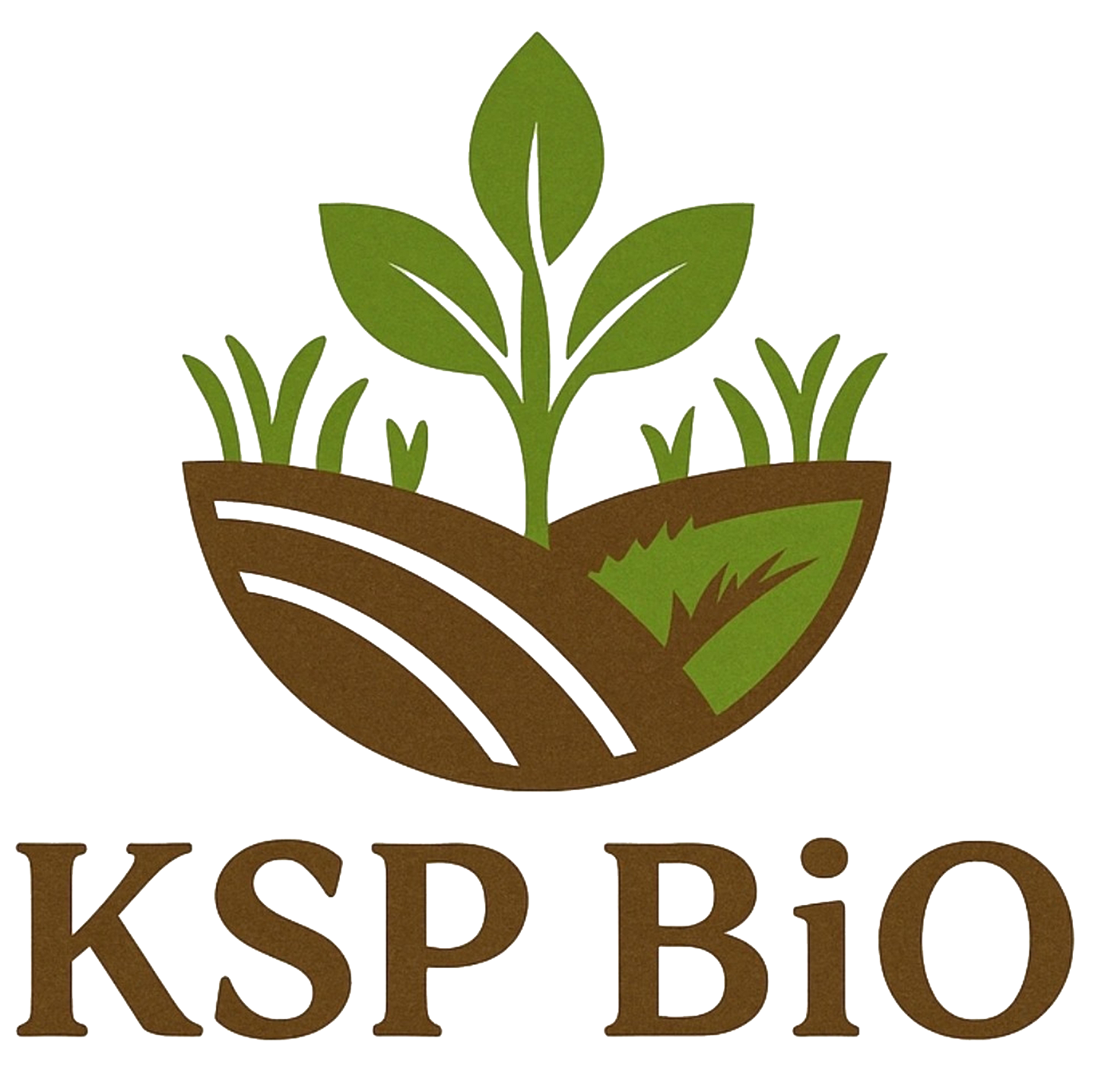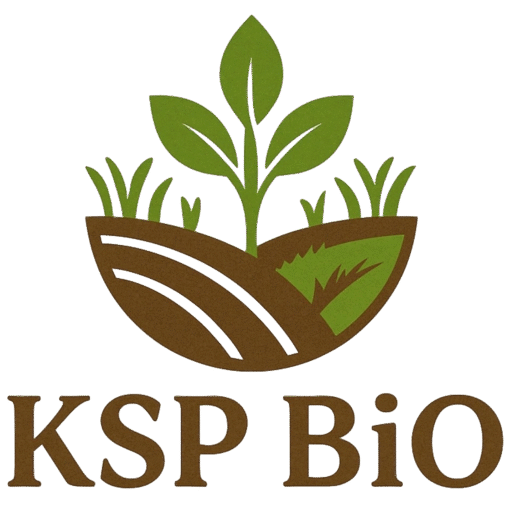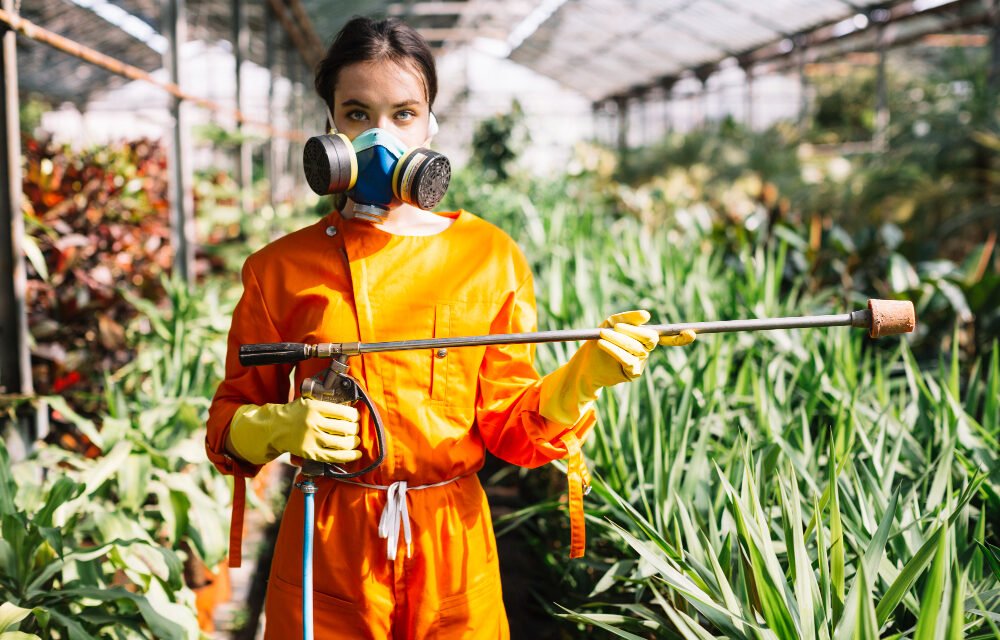In agriculture, protecting your crops is just as important as planting them. Without proper crop protection, all the hard work—from preparing the soil to sowing seeds—can go to waste. Crop protection ensures that plants grow healthy, pests stay away, and yields remain high. But what exactly is crop protection, and why is it essential?
What Is Crop Protection?
Crop protection refers to the practices and products used to safeguard crops from harmful elements like insects, diseases, weeds, and animals. These threats can significantly reduce crop quality and quantity, which in turn affects farmers’ income and food supply.
Why Is Crop Protection Important?
- Increases Yield: Protecting crops from pests and diseases results in higher productivity.
- Ensures Quality: Healthy crops lead to better-quality produce that fetches higher market prices.
- Reduces Losses: Without protection, entire fields can be destroyed by infestations or disease.
- Improves Food Security: Crop protection plays a direct role in maintaining consistent food supply.
Types of Crop Protection Methods
- Chemical Protection:
- Use of pesticides, herbicides, and fungicides to control pests, weeds, and fungal infections.
- Must be used carefully to avoid resistance and environmental harm.
- Biological Control:
- Involves using natural enemies like ladybugs, parasitoids, or fungal biocontrol agents to reduce pest populations.
- Safe and eco-friendly.
- Cultural Practices:
- Crop rotation, timely sowing, intercropping, and maintaining field hygiene can naturally reduce threats.
- Mechanical & Physical Methods:
- Traps, barriers, and manual removal help manage pests without chemicals.
- Integrated Pest Management (IPM):
- Combines all of the above methods for sustainable and effective protection.
Herbal and Organic Crop Protection
Many farmers are shifting toward organic or herbal crop protection products, which are safer for the soil and ecosystem. These include:
- Neem oil-based sprays
- Garlic- or chili-based pest repellents
- Microbial bio-fungicides
- Plant-based insecticides
These options support eco-friendly farming and are especially useful in herbal or medicinal crop cultivation.
Best Practices for Effective Crop Protection
- Monitor crops regularly for early signs of disease or infestation.
- Use the right product at the right time and in the right quantity.
- Avoid overuse of chemical pesticides—rotate with natural solutions.
- Store protection materials safely and keep application equipment clean.
Conclusion
A healthy crop is the foundation of a healthy business for farmers. With proper crop protection strategies, not only can you ensure a bountiful harvest, but you also contribute to sustainable and eco-friendly farming practices. Whether you’re using traditional methods or advanced herbal solutions, the key is to stay proactive and well-informed.


